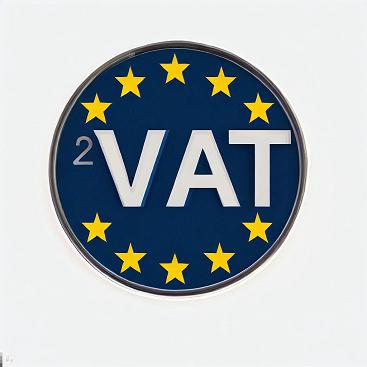Understanding EU VAT Numbers: Registration and Verification

EU VAT numbers play a crucial role in facilitating cross-border trade within the European Union. They are unique identification numbers assigned to businesses registered for Value-Added Tax (VAT) purposes. Understanding these numbers is essential for businesses engaged in the EU market.
In the complex landscape of European Union commerce, EU VAT numbers stand as key identifiers for businesses operating within the region. These unique numerical codes are assigned to companies registered for Value-Added Tax (VAT), a consumption tax levied on the value added at each stage of the supply chain.
EU VAT numbers are indispensable for various reasons. Firstly, they enable businesses to engage in cross-border trade without the burden of paying multiple layers of VAT. This is because VAT is typically collected by the country of consumption, and the VAT number helps to ensure proper taxation at the destination.
For businesses looking to expand their operations across EU borders, understanding the process of obtaining an EU VAT number is essential. It involves registering with the tax authorities of the member state where the business is established. The application process varies from one country to another, but generally requires providing detailed information about the business, its activities, and anticipated turnover.
Once a business obtains its VAT number, the verification process comes into play. This is vital, as it allows businesses to confirm the validity of their trading partners' VAT numbers before engaging in transactions. Verifying VAT numbers can help prevent fraud and ensure that the correct tax treatment is applied to transactions.
Verifying an EU VAT number involves checking it against the European Commission's VAT Information Exchange System (VIES) database. This database contains up-to-date and accurate information about registered businesses and their associated VAT numbers. By using the VIES database, businesses can confirm the legitimacy of their partners, ensuring smoother and more transparent cross-border transactions.
In conclusion, EU VAT numbers are a fundamental aspect of conducting business within the European Union. They streamline cross-border trade, enable proper taxation, and contribute to a level playing field for businesses of all sizes. Understanding the process of obtaining and verifying VAT numbers is essential for businesses seeking to navigate the intricacies of the EU market effectively."
Transform your home or business space with stunning digital art, making it uniquely yours.

Svetila.eu en





